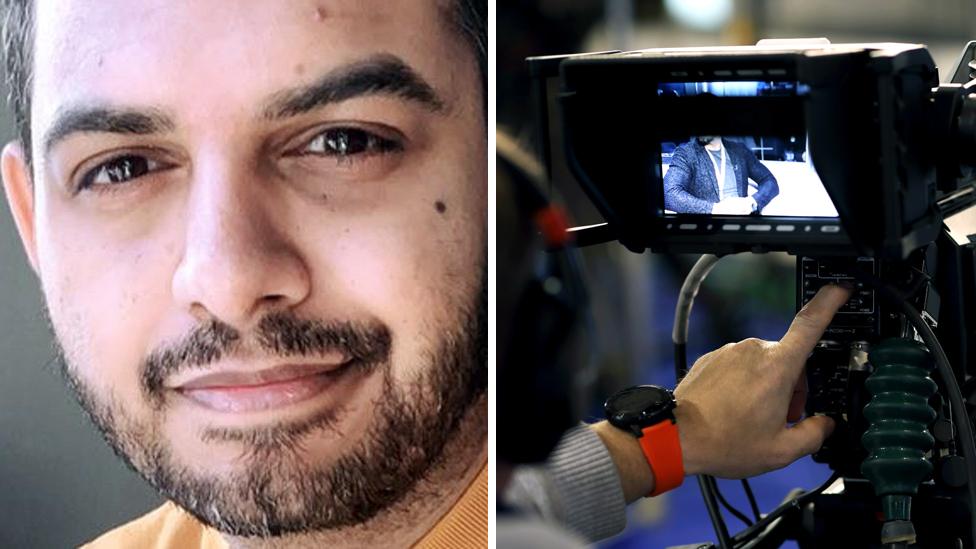Coronavirus lockdown: 'Forgotten' TV freelancers call for 'urgent help'
- Published
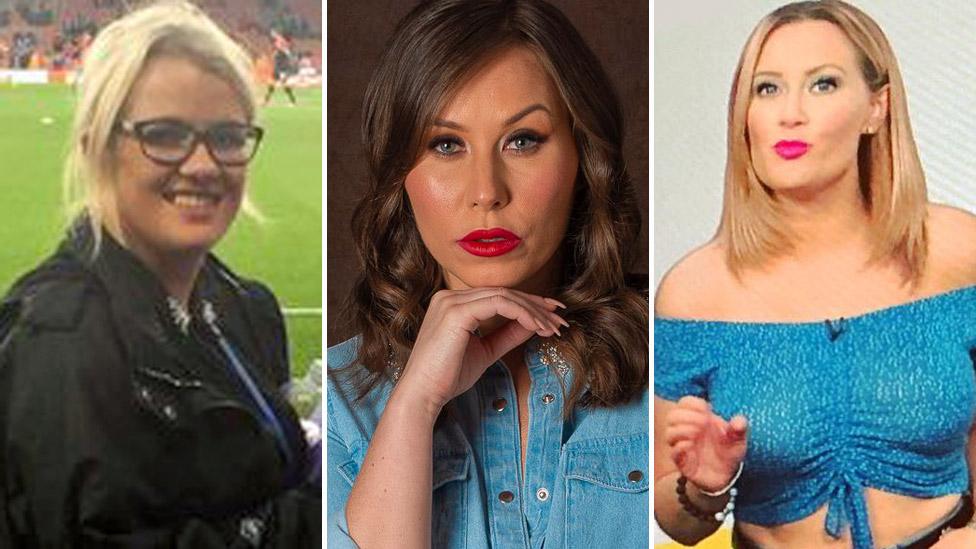
Freelancers in the media have been left homeless, using food banks and even suicidal after being unable to access government support schemes during lockdown, campaigners have said.
TV and theatre workers are among those highlighted by MPs, who say a million people have fallen through the cracks.
A presenter who started a petition said they had been "discriminated against simply for the way that we're taxed".
The chancellor has said he's unable to protect every business and household.
Many in the creative industries have not been eligible for furlough or the self-employed grant.
Jodie McCallum, who presents entertainment news programmes for BBC Scotland and ITV2, has gathered 7,500 signatures for a petition asking Downing Street to extend its support.

A petition started by Jodie McCallum, pictured working at a film premiere, has gathered 7,500 signatures
She said it was "outrageous" that people like her had been left out, meaning many will be forced into debt or have to give up on their careers.
Her shifts have dropped from five per week to one per week, and she warned that it will be "devastating for our creative industries" if only the affluent can afford to stay in the sector.
'People can't afford to survive'
McCallum said: "People that are working class aren't going to be able to afford to survive. It's going to affect the diversity, and it's just devastating for these people who have worked really hard and paid their taxes to be discriminated against simply for the way that we're taxed."
Many freelancers are ineligible because more than 50% of their income is taxed through the PAYE system, meaning they can't access the Self-Employment Income Support Scheme - but they are often on short contracts, without the rights of full-time staff, and employers have decided not to furlough them.
Freelance journalist and presenter Ellie Phillips has been gathering stories from others in that position while campaigning on the issue in recent weeks.
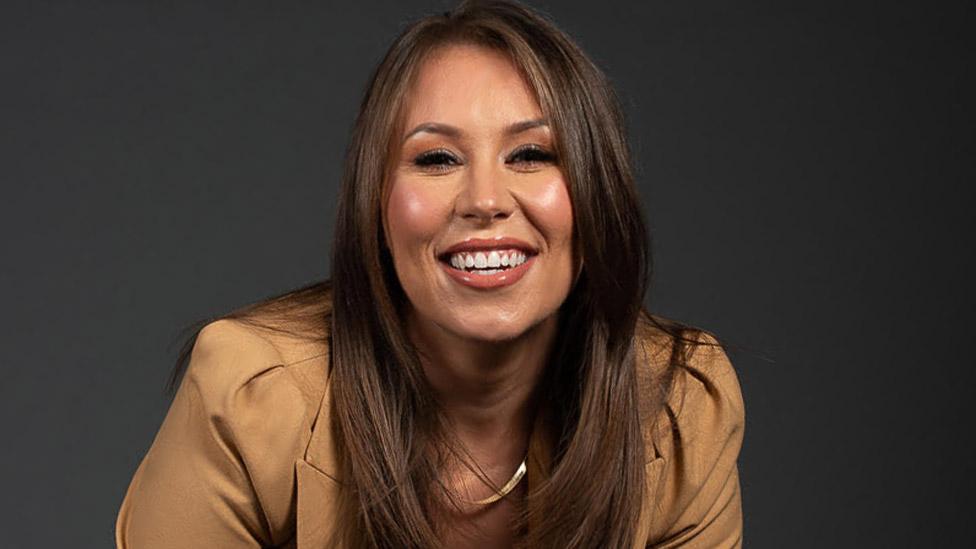
Ellie Phillips said she had spoken to "a few people who are suicidal"
"I've spoken to a few people who are suicidal," she said. "There's a guy who has got four children and a wife, and he's got £5.20 left in his bank account."
Some are couch-surfing because they can't afford their rent, some are using food banks, while others have set up crowdfunding accounts to pay for their living costs," she said.
Phillips told the story of one pregnant freelancer who had been banking on working throughout the spring and summer, but has now had to use up what savings she had.
Daughter's food vouchers
"She's got nothing. And she doesn't get maternity pay because she's not an employee of a company," Phillips explained.
Phillips has also spoken to a 25-year-old single mum who is feeding both herself and her daughter using the vouchers her daughter has received during lockdown in place of free school meals.
"And, really worryingly, there are quite a few people who should have been shielding because they have underlying health conditions, or they have children with underlying health conditions, but after a few weeks they had to go out and take part-time work."
She added. "People I know are already leaving the industry, [saying] 'I can't afford to stay in it.'"
On Monday, the Treasury Select Committee called on ministers to plug gaps in its schemes.
Other people to have fallen through the net include those who had recently started a new job, who had just become self-employed, the self-employed who earn more than £50,000 a year, and limited company directors who pay themselves in dividends.
In response to the committee, a Treasury spokesperson said the "wide-ranging support package is one of the most comprehensive in the world", and had been targeted at "helping those who need it most as quickly as possible, while minimising fraud risk".
A spokeswoman for the Department for Digital, Culture, Media and Sport said: "The government has provided unprecedented support for freelancers in cultural and creative sectors including the recently-extended Self Employed Income Support Scheme and the Arts Council's £160m emergency funding package.
"We are working closely with the sector on supporting its renewal including guidance for its reopening when it is safe to do so."
'Unbelievably unfair'
Viva La PD, a community of more than 1,200 TV producers and directors, recently said, external many freelancers were facing six months without work.
It conducted a survey that suggested 55% were not eligible for furlough or the self-employed grant, while the Film and TV Charity, external has come up with a figure of 74%. A separate poll by Women In Film and TV, external suggested 68% were not eligible for the self-employed support.
Kate Robertson, who works as a TV production manager on sport shows including Amazon Prime's Premier League coverage and the WTA Tennis, believes the figures show how "ridiculous" the situation has become.
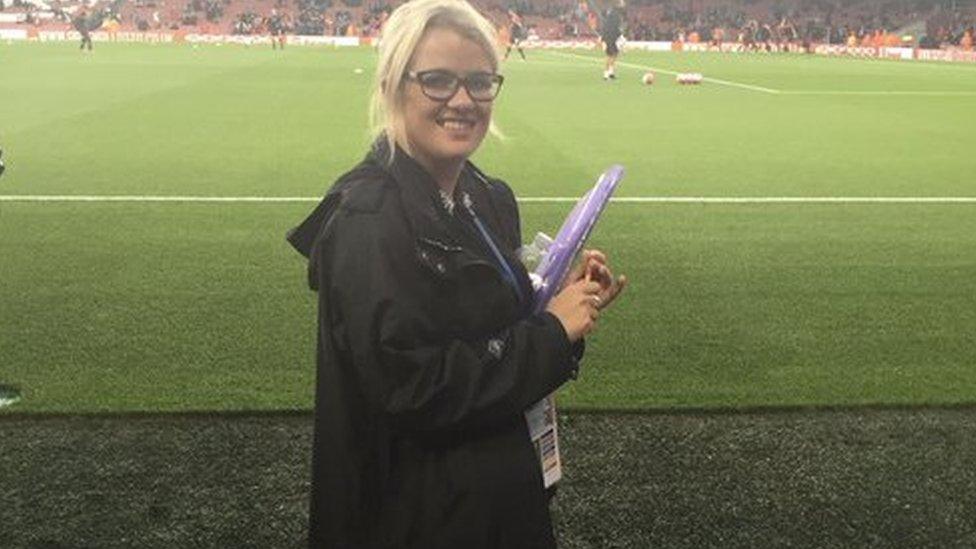
Kate Robertson works as a TV production manager, covering the Premier League
"There are a hell of a lot of people in TV in that situation, and it's just so unbelievably unfair for them," she said.
Robertson went freelance last year after her job on the Fifa Football show came to an end, and she counts herself as one of the "lucky" ones, as she will hopefully start picking up shifts again as sporting events restart.
She thinks anyone not entitled for help under the existing schemes should be given a one-off grant to avoid potentially disastrous consequences. Many haven't been able to claim Universal Credit because their partners are working or they have savings.
"To begin with, we were forgotten," she said. "But now we're purposely excluded.
"It has been three months with no income for nearly everyone, and they do say [we can claim] Universal Credit and Jobseeker's Allowance, but so many people are not entitled to that.
"This is why I'm arguing it is so unfair, and just to see all those people [online] in so much trauma at the moment, and the fact that no-one's listening to them... they really can't go on," she added.
"People are discussing suicide, unable to support their families. Urgent help is needed."

Follow us on Facebook, external or on Twitter @BBCNewsEnts, external. If you have a story suggestion email entertainment.news@bbc.co.uk
- Published15 June 2020
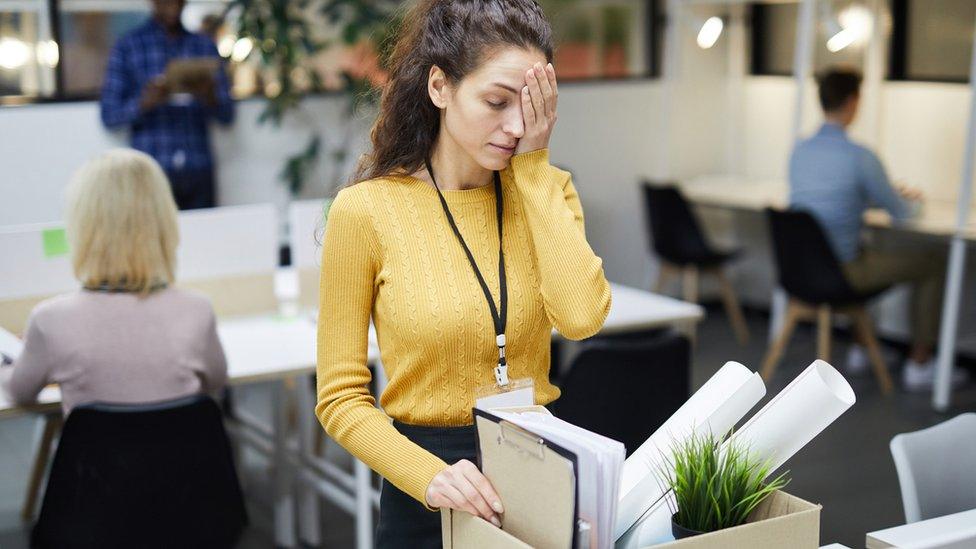
- Published3 June 2020
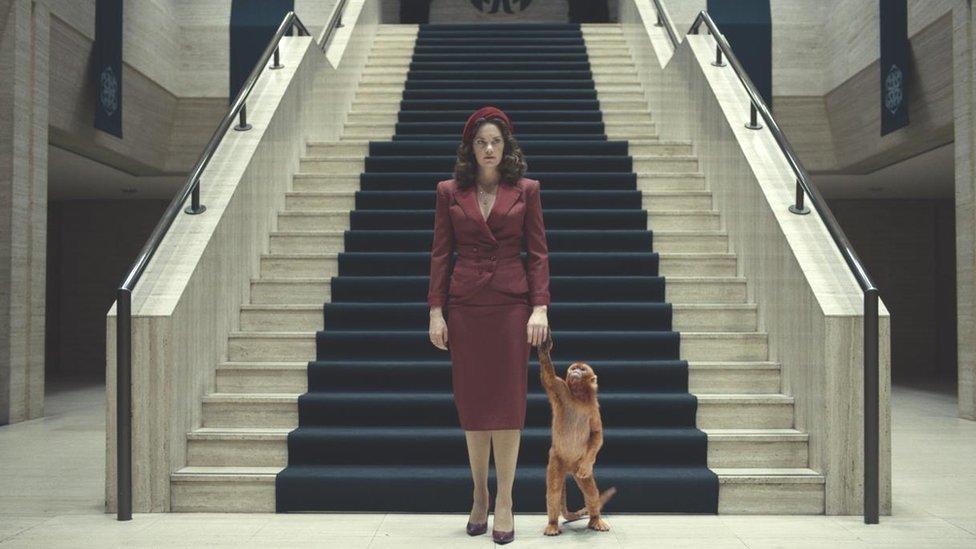
- Published24 May 2020

- Published18 May 2020
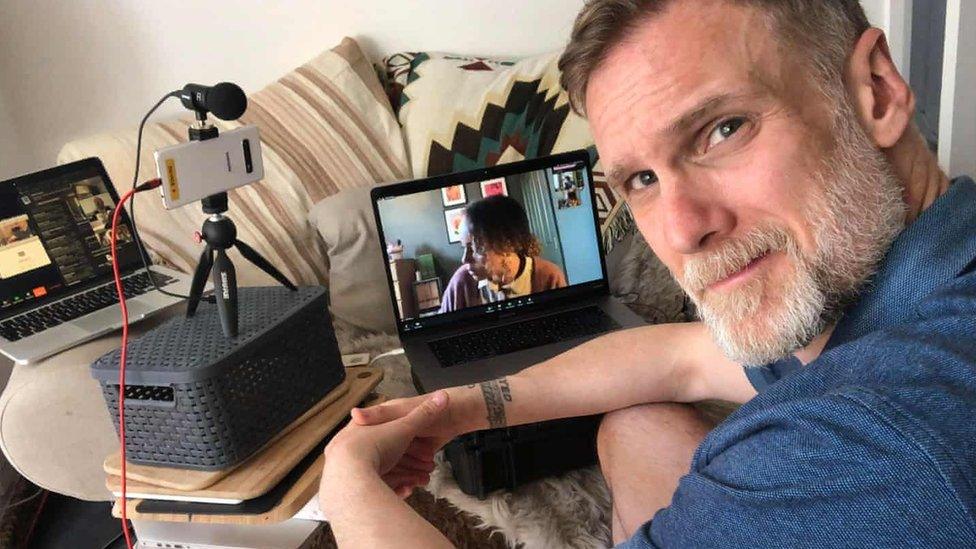
- Published4 May 2020
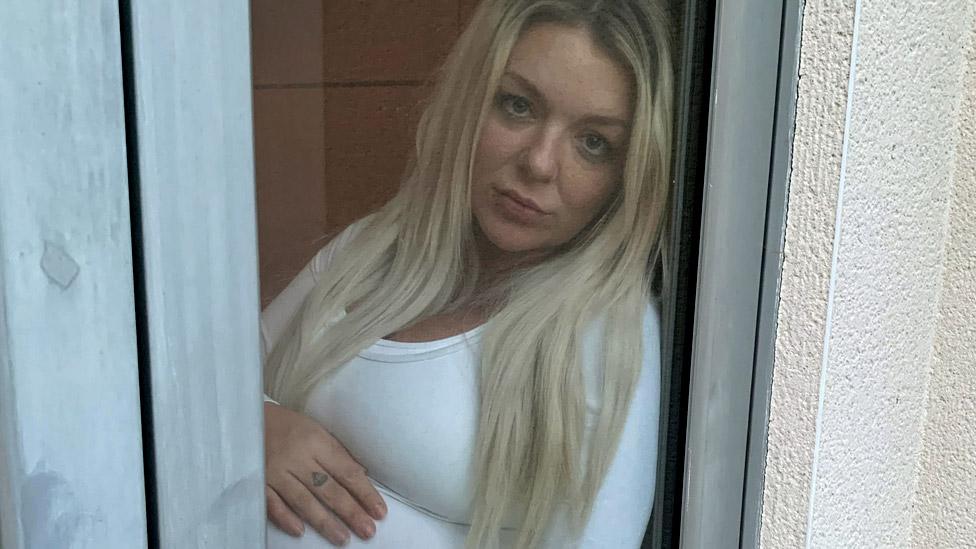
- Published13 February 2020
